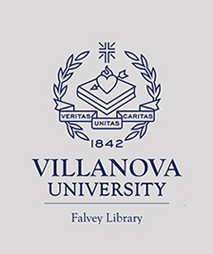“The keen longing for unified, all-embracing knowledge” Big History, Cosmic Evolution, and New Research Agendas
##plugins.themes.bihistory.article.main##
Abstract
This article offers an interpretation of recent attempts at the unification of knowledge. It argues that today’s scholarly world is aberrant. It is splintered into distinct scholarly disciplines to such an extent that universities and research institutes have lost what Erwin Schrödinger called “the keen longing for unified, all-embracing knowledge.” In contrast, most earlier human societies have valued the search for an underlying unity to human knowledge, a unity that was both conceptual and narrative, and often took the form of “origin stories”. Unifying knowledge on the basis of modern science was also one of the central projects for the Enlightenment and for many nineteenth century thinkers. But at the beginning of the twentieth century, in every country in the world, knowledge was broken up into disciplines, to such an extent that most educators and researchers lost sight of the ancient hope of seeking an underlying unity to all knowledge. The essay describes the fragmentation of knowledge in the twentieth century and discusses reasons for that sea-change in the modern knowledge system. But it also argues that the period of extreme disciplinarity, in which the disciplines blocked the free flow of ideas between disciplines, may prove short-lived. The emerging transdisciplinary fields of “Big History” or “Cosmic Evolution” may herald a general scholarly return to a more balanced relationship between detailed research and the quest for large, unifying frameworks. This paper ends by speculating about how a return to the project of unifying knowledge may transform education, research agendas, and the institutions within which they take place.
##plugins.themes.bighistory.article.details##
- Authors retain copyright and grant the journal right of first publication with the work simultaneously licensed under a Creative Commons Attribution License that allows others to share the work with an acknowledgement of the work's authorship and initial publication in this journal.
- Authors are able to enter into separate, additional contractual arrangements for the non-exclusive distribution of the journal's published version of the work (e.g., post it to an institutional repository or publish it in a book), with an acknowledgement of its initial publication in this journal.
- Authors are permitted and encouraged to post their work online (e.g., in institutional repositories or on their website) prior to and during the submission process, as it can lead to productive exchanges, as well as earlier and greater citation of published work (See The Effect of Open Access).



